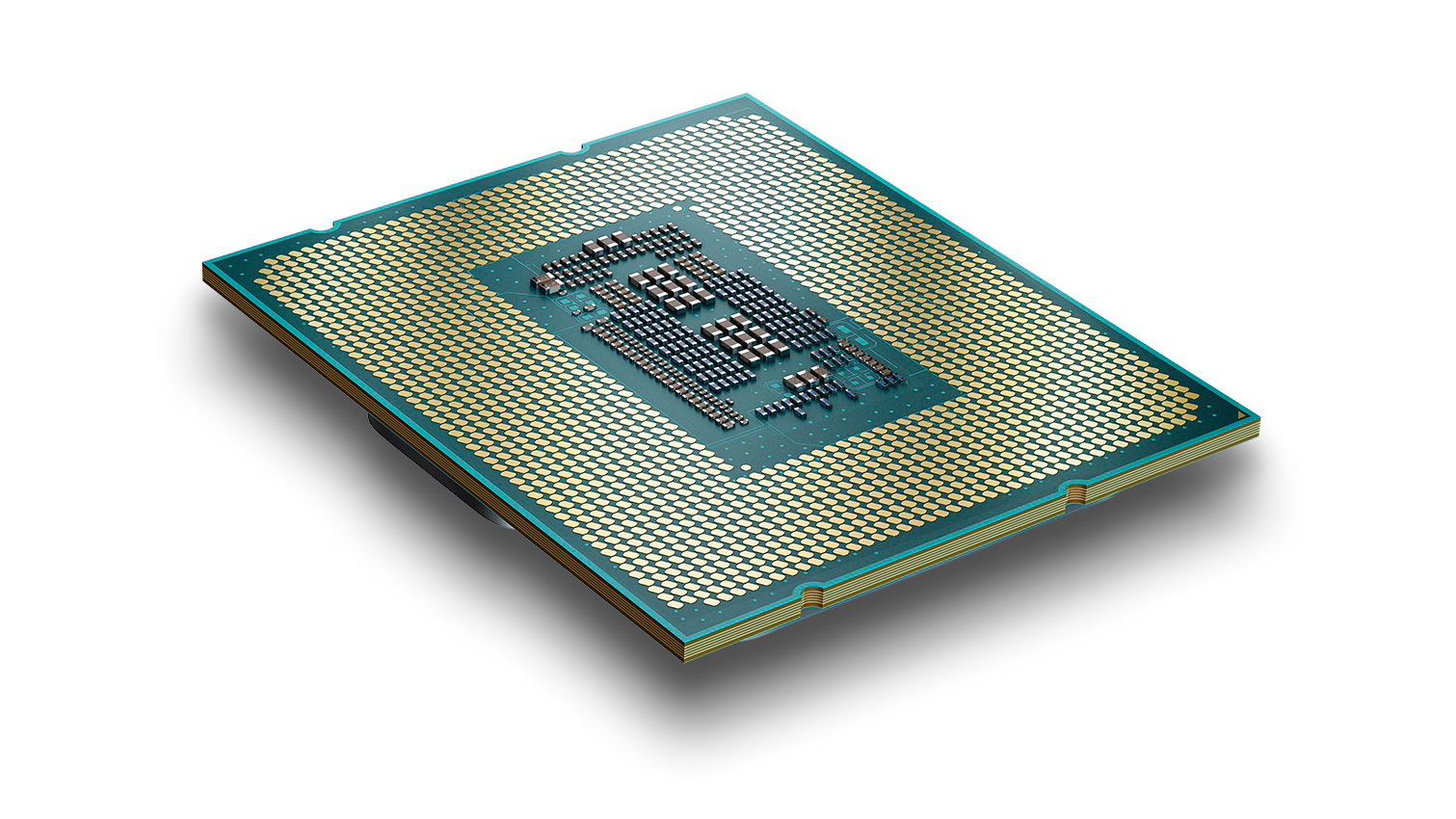
Intel Launches Core i7-13790F, Core i5-13490F Raptor Lake CPUs
Intel has added two F-series chips to its 13th Generation Raptor Lake lineup. The new Core i7-13790F and Core i5-13490F, which are likely exclusive to the Chinese market, will vie for a spot on the list of best CPUs for gaming.
The Core i7-13790F features a similar recipe as the Core i7-13700F. The 16-core, 24-thread chip arrives with eight P-cores and eight E-cores. The clock speeds for the P-cores are identical on both processors. They operate with a 2.1 GHz base clock and a 5.2 GHz boost clock. On the contrary, Core i7-13790F’s E-cores have a 100 MHz higher base clock than the Core i7-13700F.
Besides the slightly improved clock speeds, the Core i7-13790F has a larger L3 cache. Intel bumped it up to 33MB, 10% bigger than the L3 cache on the Core i7-13700F. It’s an unorthodox number, and the chipmaker did some magic to arrive at 33MB on the Core i7-13790F. The conventional Core i7-13700F features eight Raptor Cove clusters and two Gracemont clusters. Remember that each Raptor Core and Gracemont has a 3MB L3 cache, with the latter housing four E-cores. With the Core i7-13790F, Intel essentially used one complete Gracemont cluster and partially enabled two other Gracemont clusters. As a result, the Core i7-13790F still ends up with eight E-cores with a 9MB L3 cache.
Regarding power consumption, the Core i7-13790F shares the same 65W PBP and 219 MTP as the Core i7-13700F. Intel’s 65W SKUs don’t support overclocking, but motherboard vendors have found ways around that. Neither the Core i7-13790F nor Core i5-13490F wields an iGPU, so consumers will need to pair the chip with one of the best graphics cards for a gaming system. The processors will drop into existing LGA1700 motherboards, although some may require a simple firmware update.
Core i7-13790F, Core i5-13490F Specifications
| Processor | Street / MSRP | Cores / Threads | P-cores / E-cores | P-Core Base / Boost (GHz) | E-Core Base / Boost (GHz) | L3 Cache (MB) | PBP / MTP (W) |
|---|---|---|---|---|---|---|---|
| Core i7-13790F | $441 | 16 / 24 | 8 / 8 | 2.1 / 5.2 | 1.5 / 4.1 | 33 | 65 / 219 |
| Core i7-13700F | $369 | 16 / 24 | 8 / 8 | 2.1 / 5.2 | 1.4 / 4.1 | 30 | 65 / 219 |
| Core i5-13490F | $235 | 10 / 16 | 6 / 4 | 2.5 / 4.8 | 1.8 / 3.5 | 24 | 65 / 148 |
| Core i5-13400F | $196 | 10 / 16 | 6 / 4 | 2.5 / 4.6 | 1.8 / 3.3 | 20 | 65 / 148 |
| Core i5-12490F | $199 | 6 / 12 | 6 / 0 | 3.0 / 4.6 | N/A | 20 | 65 / 117 |
| Core i5-12400F | $194 | 6 / 12 | 6 / 0 | 2.5 / 4.4 | N/A | 18 | 65 / 117 |
The Core i5-13490F, which succeeds the Core i5-12490F, has ten cores and 16 threads, consisting of six P-cores and four E-cores. The base clock speeds for the P-cores (2.5 GHz) and E-cores (1.8 GHz) on the Core i5-13490F match the Core i5-13400F. On the other hand, the boost clock speeds on the former are 200 MHz faster than the latter.
Like the Core i7-13790F and Core i7-13700F, the Core i5-13490F also flaunts a more generous L3 cache. The new chip has 4MB more L3 cache, equivalent to a 20% increase. The extra L3 cache comes from Core i5-13490F leveraging two partial Gracemont clusters. Despite the higher clocks and larger L3 cache, the Core i5-13490F’s power metrics remain untouched compared to the Core i5-13400F. The PBP and MTP are still 65W and 148W, respectively.
The Core i5-13490F has a $235.96 (opens in new tab) price tag; meanwhile, the Core i7-13790F sells for $441.62 (opens in new tab). They’re 20% more expensive than the Core i5-13400F and Core i7-13700F, respectively. Early results show that Core i5-13490F and Core i7-13790F could offer over 10% higher performance than their existing counterparts. However, that was a single benchmark and not a very reliable one at that. It remains to be seen whether the Core i5-13490F and Core i7-13790F are worth the premium.

